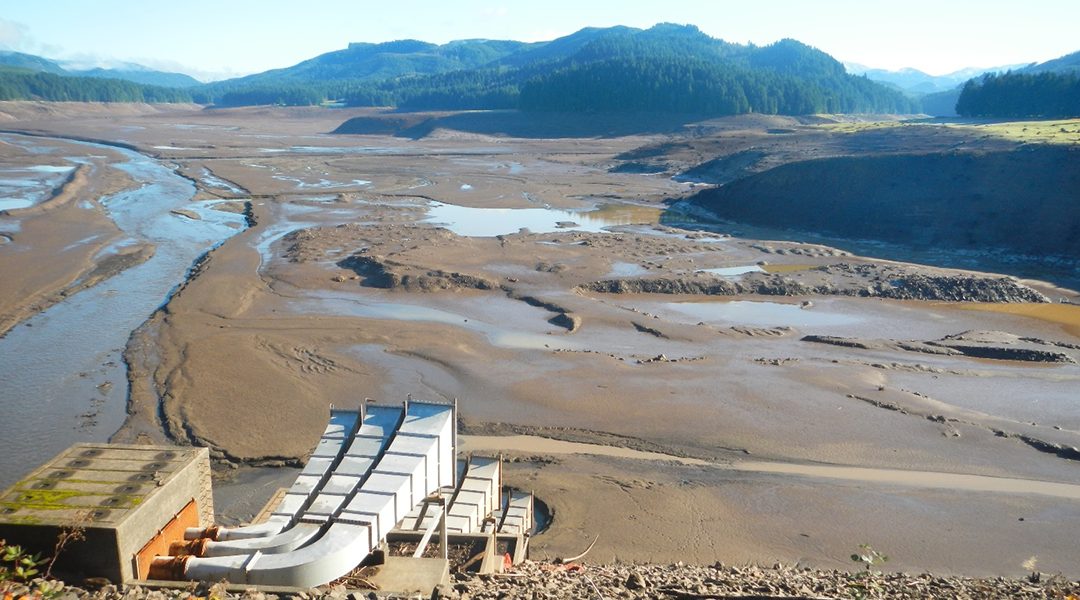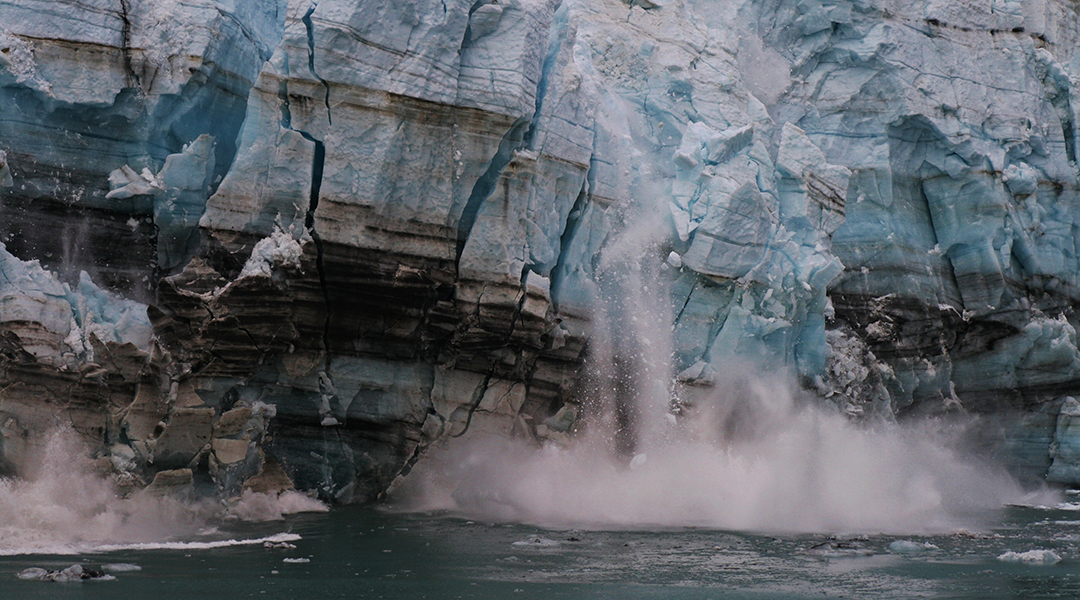With a mastery of material phases, over the years scientists have developed more sustainable and groundbreaking technological advancements.



With a mastery of material phases, over the years scientists have developed more sustainable and groundbreaking technological advancements.

As hydropower projects are built across the Himalayan region, recognizing the temporal politics inherent to hydropower development will become increasingly critical.

Scientists need a new way to manage the increasing number of invasive species that cannot be stopped.

Growing momentum for decentralized climate policy and the falling costs of low‐carbon technologies are creating new climate change mitigation opportunities for subnational actors.

A reality-rooted perspective on “explainable AI” and what this means for the future of the field.

Computer simulations provide a better means of optimizing, predicting, and understanding experimental observations in the search for new battery materials.

Permafrost thaw is impacting the availability of North American water resources. To manage this precious resource, guidelines for using new investigative tools are needed.

Deliberate decline in carbon-intensive practices is currently taking shape as a new way to confront climate change.

Researchers explore the different mechanisms viruses have evolved to effectively seize host cell ribosomes, and the role they play in the virus’ life cycle.

What is the nature, psychological significance, and issue engagement influence of personal experience when it comes to climate change?